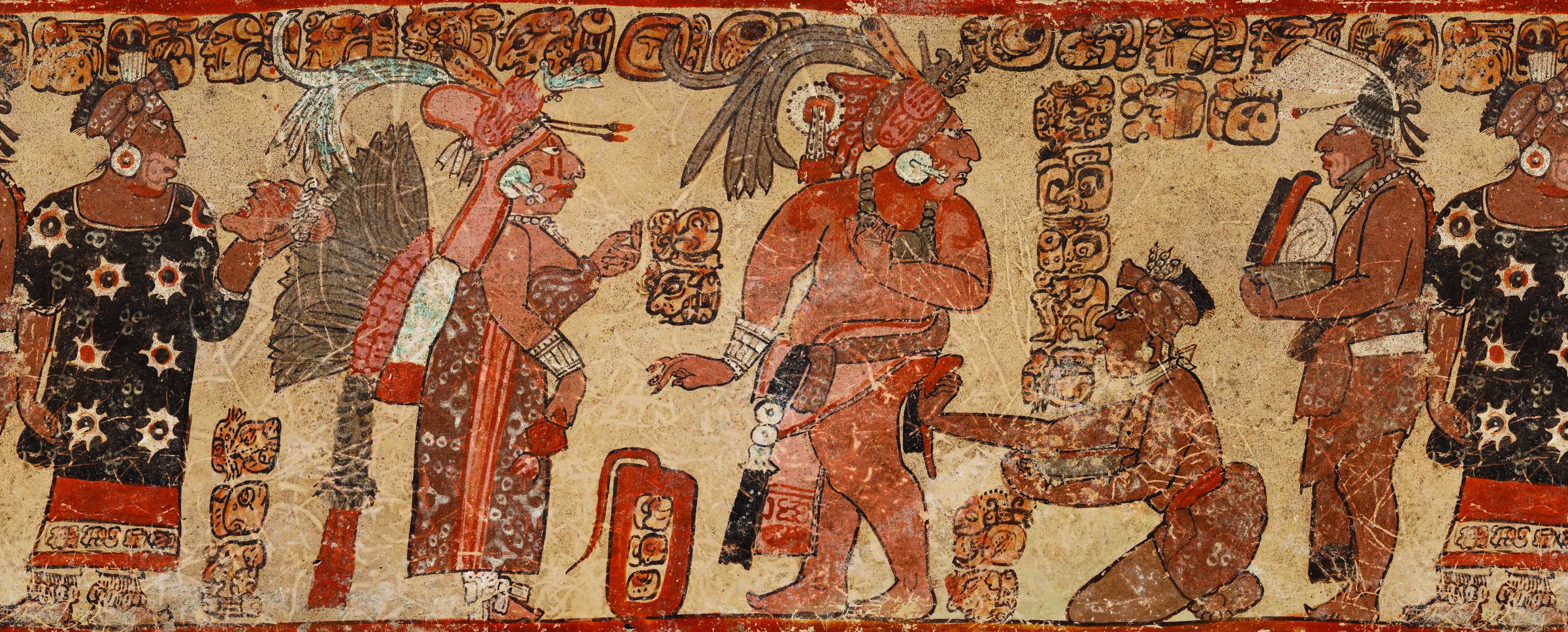SPIŠSKÉ VLACHY, SLOVAKIA—The Slovak Spectator reports that a fourth-century A.D. coin bearing an image of the Roman emperor Constantius II was unearthed during an excavation in Spišské Vlachy, a town in eastern Slovakia. At the time the coin was minted, iron ore was processed in the region. Mária Hudáková of the Museum of Spiš Territory said researchers also uncovered a wooden floor dated to the second half of the eighteenth century, traces of the building’s heating system, and kitchen ceramics and Polish and Hungarian coins. “We assume there was some kind of pub,” said archaeologist Matúš Hudák. “There is also wall graffiti, pictures of gallows, and a sword….There is also an entrance to the cellar where beer and wine were kept.” The fourth-century coin may have been placed at the site as a protective talisman when the structure was built, Hudák added. To read about a cache of Roman coins that archaeologists believe was buried during Constantius' reign, go to "Seaton Down Hoard," one of ARCHAEOLOGY's Top 10 Discoveries of 2014.
Ancient Coin Found at Pub Site in Slovakia
News August 9, 2020
Recommended Articles
Artifacts September/October 2019
Roman Coin
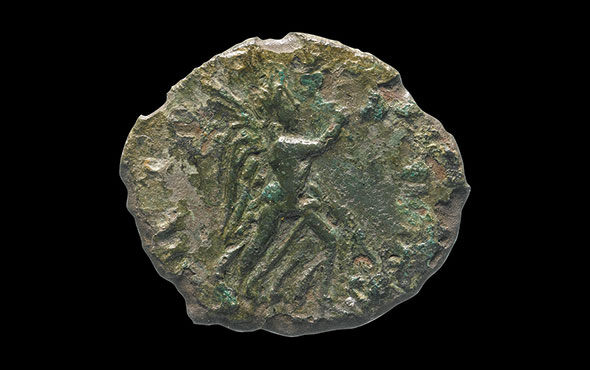
Digs & Discoveries March/April 2026
Roman River Barge
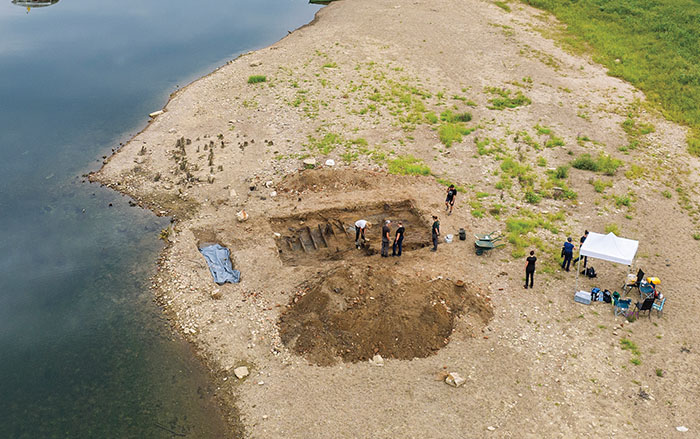
Digs & Discoveries March/April 2026
Roman Gaul’s Literati
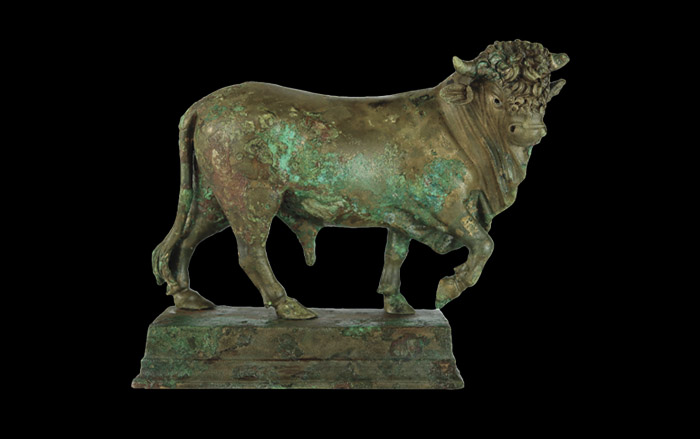
Features January/February 2026
The Cost of Doing Business
Piecing together the Roman empire’s longest known inscription—a peculiarly precise inventory of prices

-
Features July/August 2020
A Silk Road Renaissance
Excavations in Tajikistan have unveiled a city of merchant princes that flourished from the fifth to the eighth century a.d.
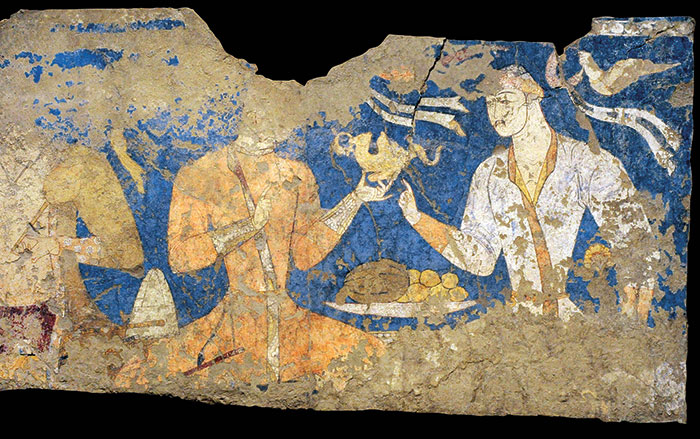 (Prisma Archivo/Alamy Stock Photo)
(Prisma Archivo/Alamy Stock Photo) -
Features July/August 2020
Idol of the Painted Temple
On Peru’s central coast, an ornately carved totem was venerated across centuries of upheaval and conquest
 (© Peter Eeckhout)
(© Peter Eeckhout) -
Letter from Normandy July/August 2020
The Legacy of the Longest Day
More than 75 years after D-Day, the Allied invasion’s impact on the French landscape is still not fully understood
 (National Archives)
(National Archives) -
Artifacts July/August 2020
Roman Canteen
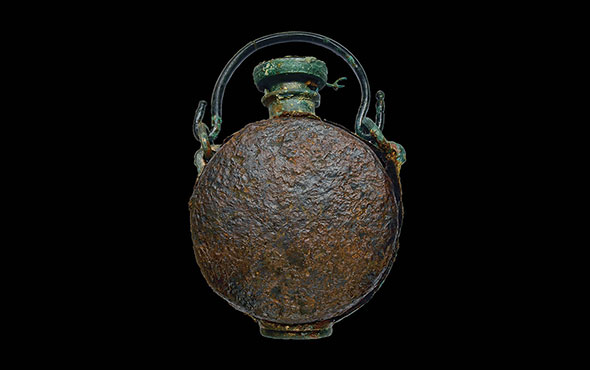 (Valois, INRAP)
(Valois, INRAP)


